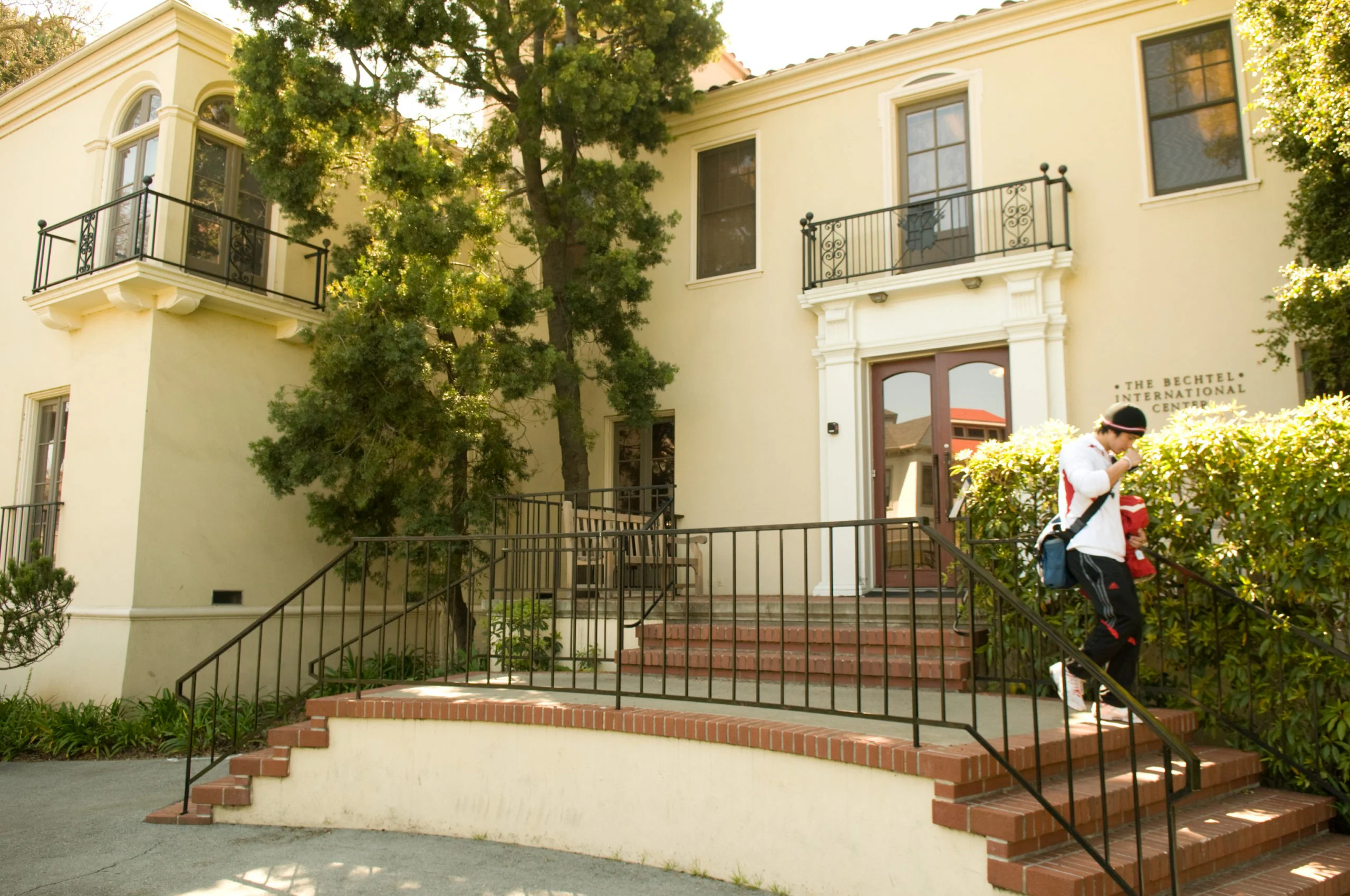In recent months, I’ve come to know a family of four living on around 150% of the Federal Poverty Level. Unable to afford a car, they bike their two children to daycare every day, navigating some of Silicon Valley’s less bike-friendly areas. The kids are bundled up in old helmets and jackets, braving both road hazards and the elements. The mother works six days a week at a fast-food restaurant, despite having previously held higher-paying jobs.
Some in the Stanford community may be astounded to learn about such hardship in our midst. When I asked the family why they were not able to take advantage of the subsidized on-campus housing, the father, who is a postdoc, told me that Stanford’s housing policy requires a monthly income several times higher than the applicable rent, which in their case was $2,000. This may not seem like much for the average, affluent Stanford student. Yet for this family, this was beyond their means. As a result, they were forced to rent fifteen minutes off-campus, at a much higher rate and in a property that may not be as adequately secured or insured as Stanford housing.
This family has come to experience one of the most devastating truisms and apparent oxymorons of America: poverty is expensive.
While rich Americans debate over which politician would provide them with the most tax breaks, this international family, whose income would otherwise qualify them for federal Medicaid and other benefits that they are not actually able to obtain due to their immigration status, struggles to get by in one of the richest areas of the country, all while contributing to Stanford’s knowledge creation and the broader Stanford community.
Although Stanford offers several programs to support students with families, including subsidies for housing and childcare, it still falls short in serving a crucially underserved segment of its community: low-income students, those with families, international students and — like the family I encountered — those living at the intersection of all of the above.
Stanford’s current policies overlook the needs of students and postdocs that, for cultural reasons or otherwise, need to bring their nuclear or extended family with them. Many days, I will see an elderly gentleman taking his grandchild to the Stanford daycare on his rickety bike. Likely, this would not be his preferred mode of transportation, at his age, back in his home country.
The University’s policies also fail to take into account such factors as visa restrictions and language barriers, which leave these families unemployed or under-employed. In many of these families, the Stanford student or postdoc is the sole breadwinner of their large household, forced to support several people in pricy Silicon Valley on a modest stipend.
Even if the Stanford Graduate Workers Union successfully negotiates with the University on their terms, there still exists a crucial need for additional support for these families. Stanford has several avenues at its disposal: one suggestion is to create special provisions in its housing program for families where the spouse is unemployed or under-employed, or where children, grandparents and other dependents are involved. A straightforward approach to determining these families’ needs would be to measure them against the federal poverty guidelines, which take into account both total household income and household size.
Additionally, Stanford could offer free or heavily subsidized ESL classes, driving lessons and employment support for family members of students. Special-rate loans for cars and other essential resources could also assist families new to the United States or Silicon Valley as they seek to establish themselves.
As a tax-exempt university with vast endowments, Stanford has the resources and responsibility to do better for its graduate and postgraduate talents, in addition to their families. By improving its financial and instructional support, the University can create a more welcoming environment for student families, reflecting its commitment to community and inclusivity.
Hong Tran is a Stanford community member. Their partner is a Ph.D. candidate in Management Science & Engineering.
